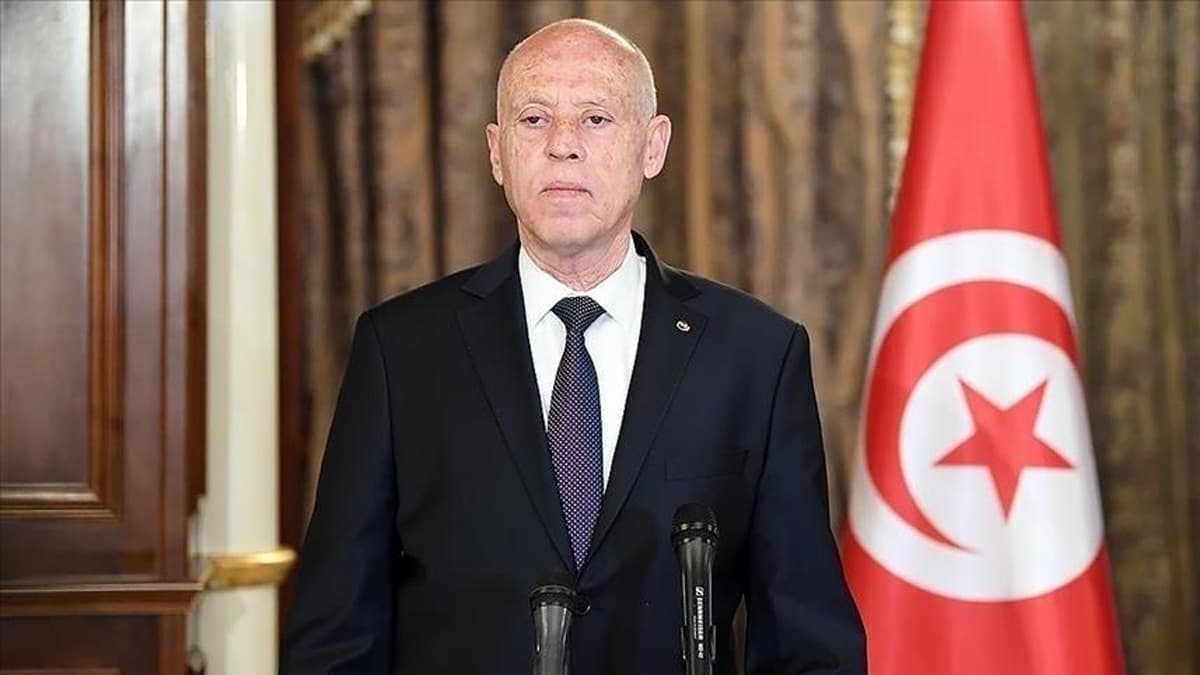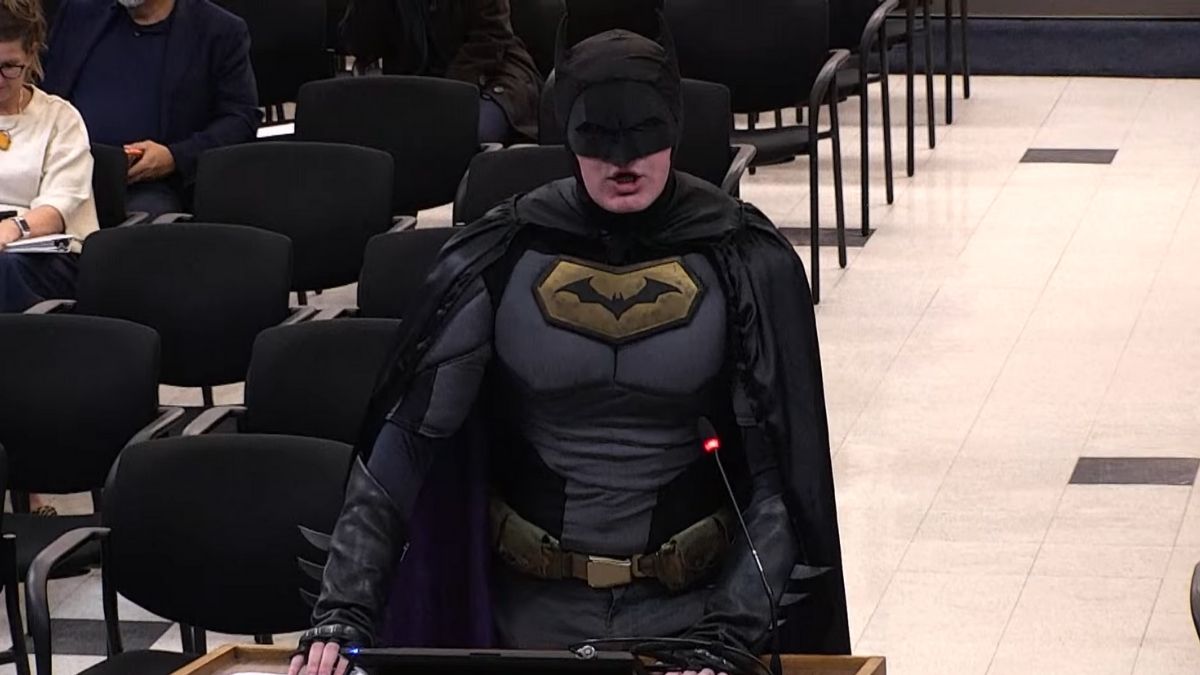Tunisia pardons man sentenced to death over Facebook posts insulting President Saied
A Tunisian court sentenced a man to death over Facebook posts allegedly insulting the president, sparking outrage. He was later pardoned by President Saied, but rights groups warn this sets a dangerous precedent for online speech.

- A Tunisian man was sentenced to death for Facebook posts under Decree 54, marking an unprecedented ruling for online speech.
- The defendant, Saber Chouchane, was later pardoned and released by President Kais Saied amid widespread criticism.
- The case has sparked renewed concern over free speech and judicial independence in Tunisia under Saied’s rule.
A Tunisian man was sentenced to death for a series of Facebook posts deemed insulting to President Kais Saied and threatening to national security, before receiving a presidential pardon days later, his lawyer and human rights advocates confirmed.
The man, identified as 56-year-old Saber Chouchane, was convicted by the Nabeul Court of First Instance on 1 October 2025 on three charges: attempting to overthrow the state, insulting the president and public institutions, and spreading false information online.
The charges were brought under Tunisia’s penal code and Decree-Law 54, a controversial cybercrime law introduced in 2022. The ruling marked the first known instance of a Tunisian court issuing a death sentence for nonviolent online speech.
Chouchane had been in pretrial detention since January 2024. His lawyer, Oussama Bouthelja, stated that Chouchane is a father of three, a day labourer, and lives with a permanent disability caused by a workplace accident. According to Bouthelja, his client’s social media activity was minimal and most of the content was shared from other pages, often receiving no engagement.
“He is socially vulnerable, of limited education, and has little influence online,” Bouthelja said in a public statement. “In court, he explained that his posts were an attempt to draw attention to his difficult living conditions, not to incite unrest.”
The court ruled that the posts in question incited violence and chaos and were in breach of national laws protecting public order. The verdict prompted a strong response from local and international rights organisations, who called it a clear violation of freedom of expression.
Human Rights Watch described the ruling as “an unprecedented sentence for nonviolent expression in Tunisia” and urged authorities to “stop detaining and prosecuting people solely for exercising their right of expression.”
Bassam Khawaja, the organisation’s deputy Middle East and North Africa director, said, “Despite the presidential pardon, this shocking sentence sends a chilling message to all Tunisians that no criticism will be tolerated from anyone, no matter what form it takes.”
The widespread condemnation appeared to have an immediate effect. On 7 October 2025, President Saied issued a pardon for Chouchane, leading to his release from detention. The decision to pardon, however, did not fully mitigate concern about the broader implications of the case.
Rights advocates argue that Decree-Law 54 has become a central tool in the government’s efforts to limit speech critical of the state. The law prohibits the dissemination of “false news” that could harm public order, national defence, or individual rights—a definition critics say is vague and open to abuse.
Since its enactment, the law has been used to prosecute journalists, lawyers, opposition figures, and social media users. Observers have noted a sharp rise in politically motivated trials, particularly since President Saied’s consolidation of power in July 2021, when he suspended parliament, removed judicial independence, and began ruling by decree.
Tunisia, once seen as the most promising democratic experiment following the Arab Spring uprisings of 2011, has faced increasing scrutiny over the erosion of civil liberties and political freedoms. Many of Saied’s most vocal critics are now imprisoned or in exile, and recent court rulings have drawn concern from international observers over the state of judicial independence.
The death sentence against Chouchane, though not executed, has sparked renewed debate over the boundaries of free speech and the use of extreme legal penalties to stifle dissent.
Human rights organisations continue to call for the repeal of Decree 54 and for Tunisia to align its laws with international standards protecting freedom of expression. They also urge the government to uphold a longstanding moratorium on capital punishment and to refrain from using state security laws as a means of suppressing opposition.









